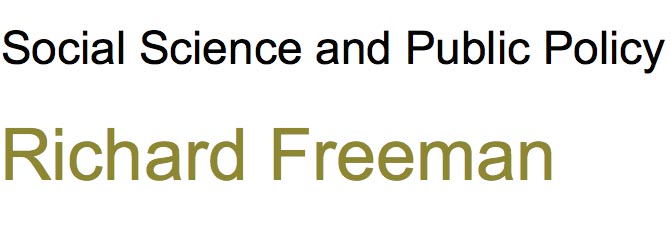Anything, or perhaps everything that isn’t very clearly for anybody else. But I’d rather refuse the question. At least, if that’s your question I probably can’t help.
Look, I’m never going to be able to give you the detail you’d need to understand any specific topic or problem. Your topic will always be yours rather than mine. I might be able to help you frame it, associate it with and distinguish it from others, decide what the issues are, figure out how to research it, think about ways of thinking about it. Similarly, if you want to show how A causes B, or why X is better than Y, that is if you already know your question and the answer to it, then you’d probably be much better off with somebody else. What could I do, what could I offer you? I mean, what would there be for me to do? But if you think you’re interested in Z, then let’s chat.
What I’m trying to say is that supervision – supervising and being supervised – is much more about some kind of intellectual affinity than about what I know and what you have to learn. I’m interested in government, in how government happens, and I guess it would be nice if you shared that. But there are no precepts as to what that should mean; the point is for you to figure out what it should mean and for me to watch and listen and occasionally applaud while you do.
I’m interested in what goes on in the name of government (and in other names, too, such as policy and order and organization, and perhaps especially practice). And that extends to our own, academic practice: I’d want to share that with you, and think and argue about it, too. I’d want you to have every possible opportunity to research, teach, get published. But I’m also taken with something Raewyn Connell said recently, which is that she saw part of her role as being to protect her graduate students from the regulatory excesses of academic institutions. So supervision is about trying to expose you to academic life but protect you from it, too. School is no more (or less) than ‘simplified social life’, as Dewey said, and I think we have a responsibility to keep things that way. Play is really important – and I think you should be outside whether it’s raining or not.
Anyway, you still might be better off with somebody else. Don’t be surprised if I say that, and don’t worry if it’s what you’re already thinking. Go and do whatever it is you came here to do. I think working together will be interesting, but I can’t guarantee anything more than that. I’ll do what I can to make sure it goes really, really well, but it just might go wrong. We both take that risk.
But then where did you learn that question, about what topics I might accept for supervision? Think about all the other things that must hold for it to make sense: assumptions about expertise, entitlement and discretion and all the institutional mechanisms that support them. I’d be critical of most of them. They’re the things we should be studying.
